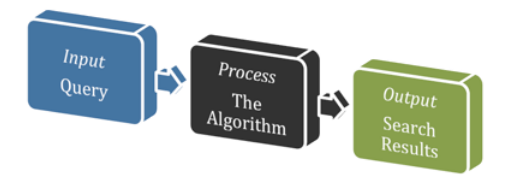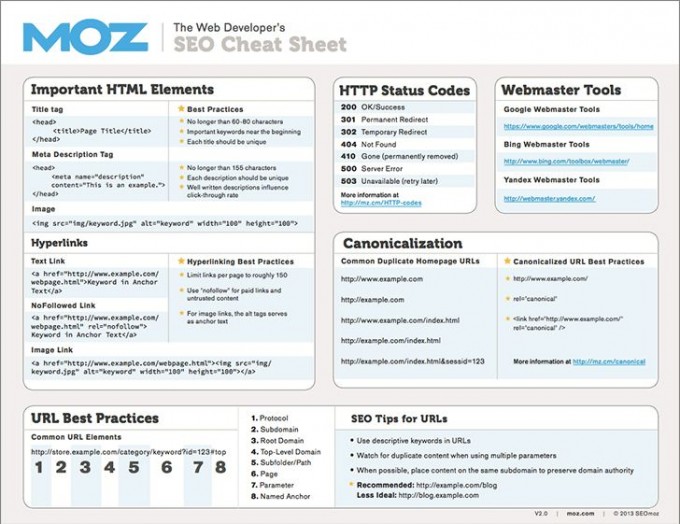
If you’re a web designer, should you be concerned about SEO? Well, your job is pretty straightforward: design an awesome website that makes your client look good and compels people to avail themselves of the goods and services offered. But all of that design effort is for nothing if people can’t find the site, and the best way to find a site is to have it rank high in search engines, and the best way to rank high in search engine results is to engage in SEO.

SEO? I have to worry about SEO??
Times And Algorithms Have Changed

Changes in SEO: What You Need to Know in 2014
Once upon a time, you could build a website, stuff it full of links, sprinkle it with a metric ton of keywords (and sometimes a good amount of them only marginally having to do with the site itself), and have every reasonable expectation that the site would show up with a high SERP rank. Google has gotten craftier and has really laid the hammer down on black hat SEO tactics, focusing more now on good content, fast loading times, and quality links.
And the winnowing process shows no sign of letting up. Google continues to release algorithm updates, and is expected to roll out a few more this year. So, should a web designer be concerned about SEO? What do YOU think?
Web Design Trends And SEO

20 On-Page SEO Tips & Techniques
While it can be construed as an extra burden on web designers to have to take SEO into consideration, it turns out that what’s good for the end user and what’s good for optimized search results actually dovetail rather nicely. Rather than SEO considerations being a restriction, they may be guidelines.
For instance, responsive design, which entails designing a site that can be easily rendered on multiple device platforms, is a useful thing for users, and websites that feature trend higher in search results.
Then there’s the idea that using the KISS (Keep It Simple, Stupid) approach to web design. Once upon a time, it seemed that the more content, the more pages and categories, the better. Now, thanks to the Hummingbird algorithm rolled out by Google, it seems that the fewer categories and sub-categories on a website, the better a search result. Running parallel to this is the fact that the average web surfer doesn’t want to wade through the website equivalent of an online novel in order to find the information that they want or need.
Switching Things Around Can Be Bad

2014 SEO Playbook: Google Hummingbird, Content & Authority
Website designers don’t just create sites; they also tweak, update and refine them, an ongoing evolutionary process. That’s all well and good, but sometimes this can be ultimately detrimental. Blame something called Reasonable Surfer Patent. This is a Google patent that deals with page ranking, and factors in the prominence of a link as well as links that are clicked more frequently. If, in the course of doing some page redesigns, you move links to less prominent locations or change your main navigation, your pages may suffer a decline in rank.
So Yes …

The Web Developer’s SEO Cheat Sheet 2.0
Website designers have to not only take into consideration the fickle demands of their bosses or clients, they also have to keep track of how much data is on the page and how it’s set up. If you’re a web designer, then take to heart the life hack rules of Bob Parsons from GoDaddy, and you’ll be sure to survive. No pressure …
Photo Credit: miguelavg




